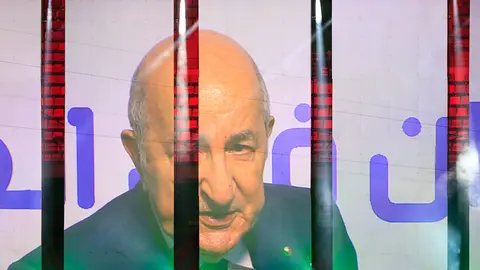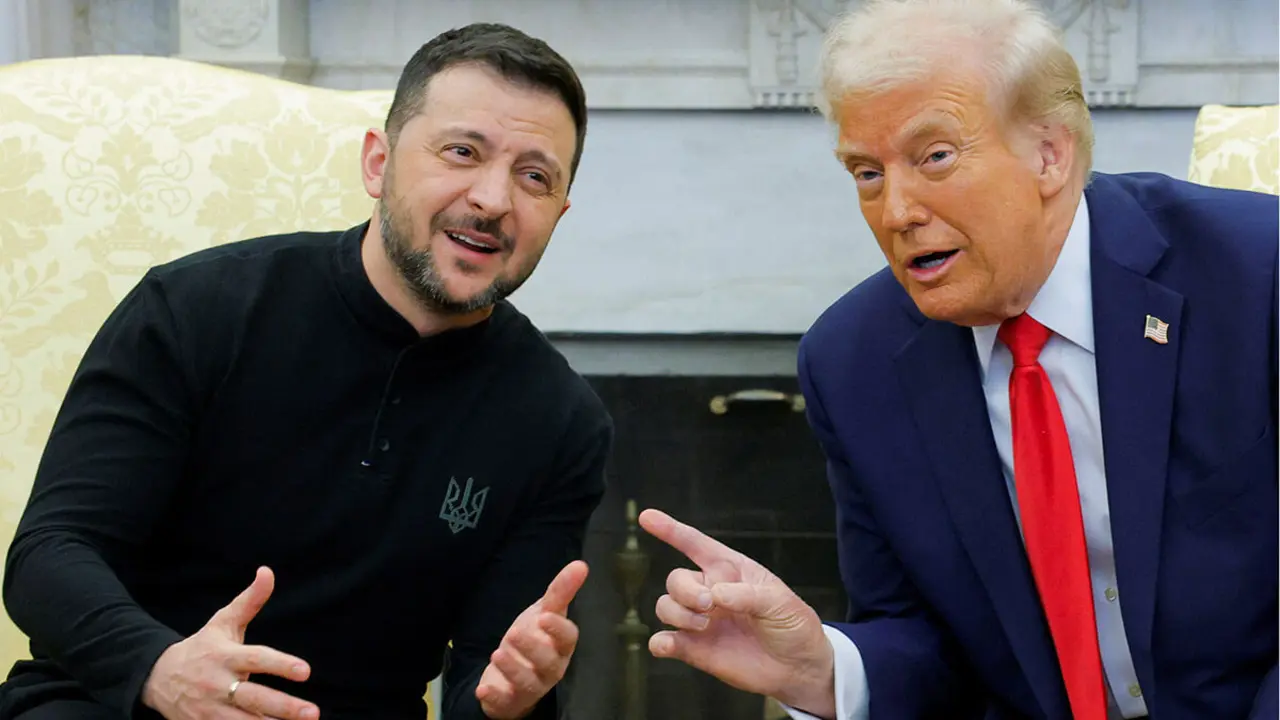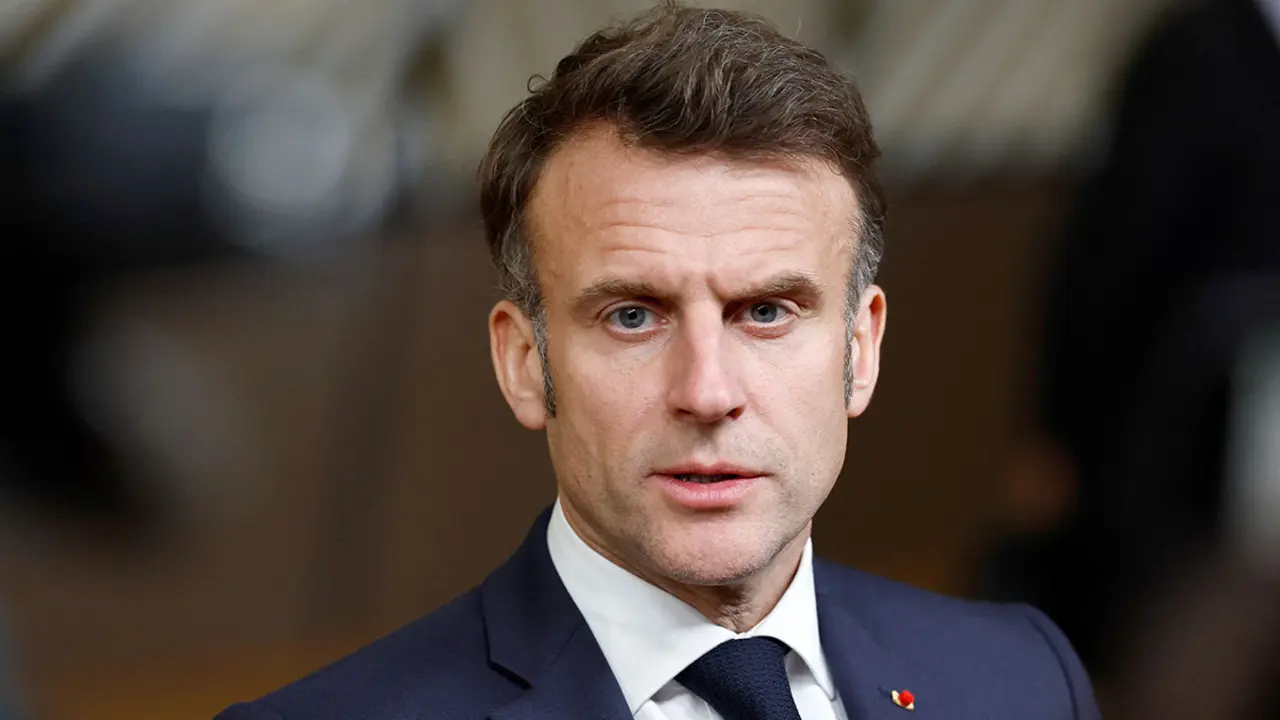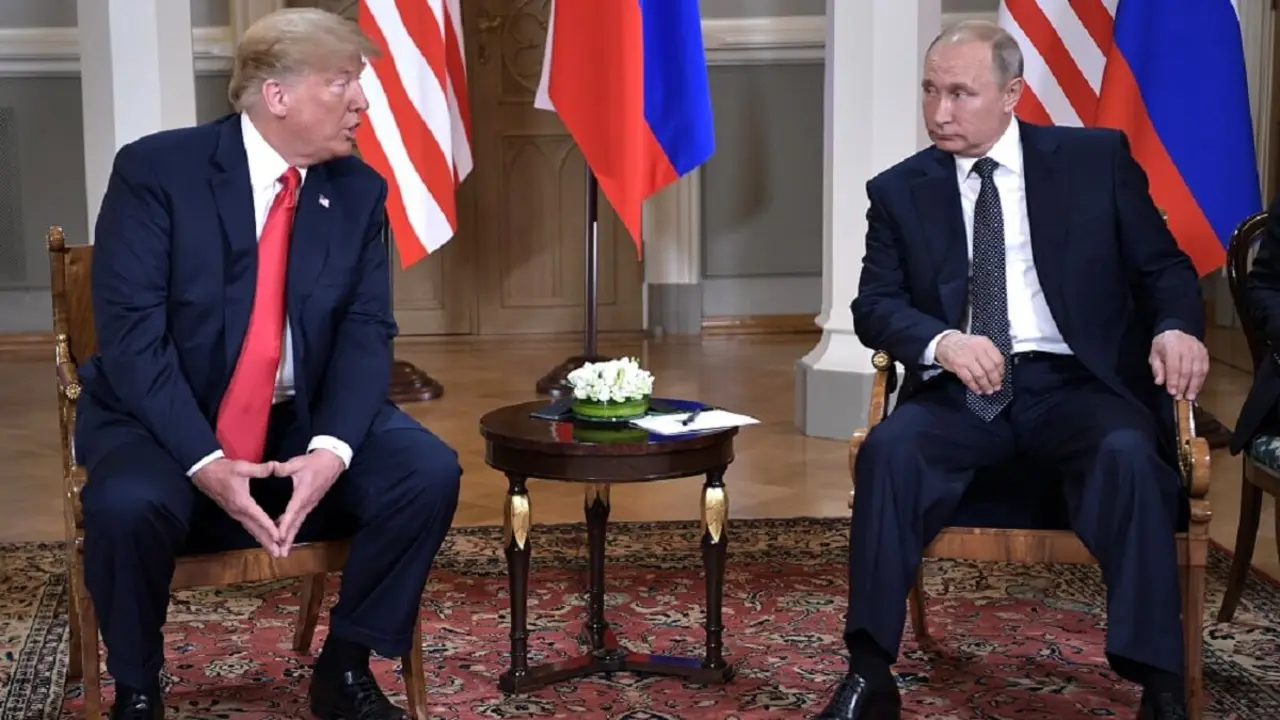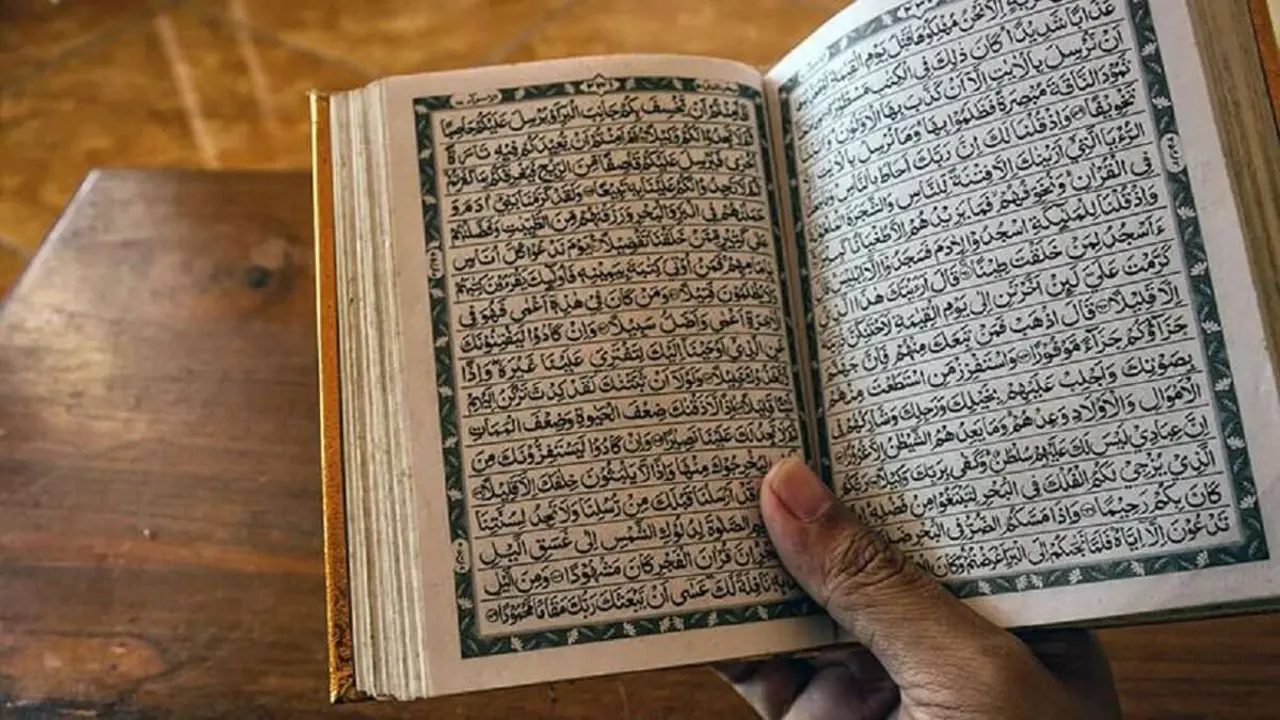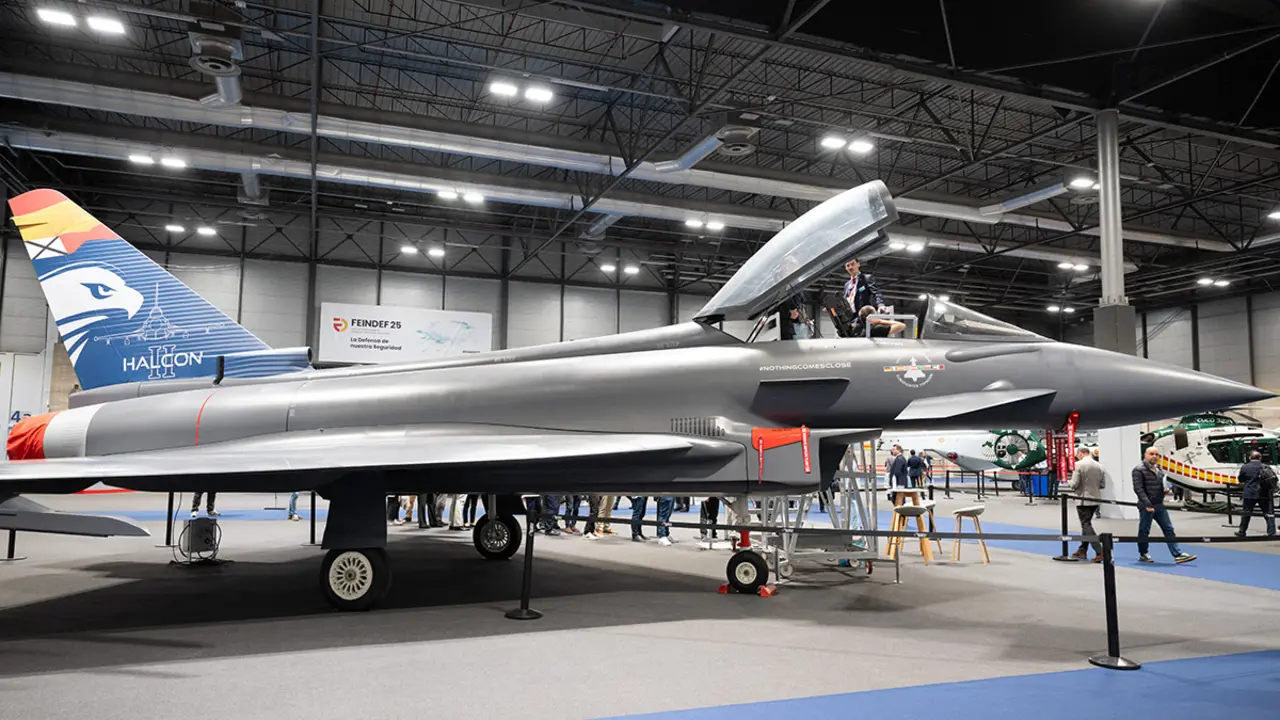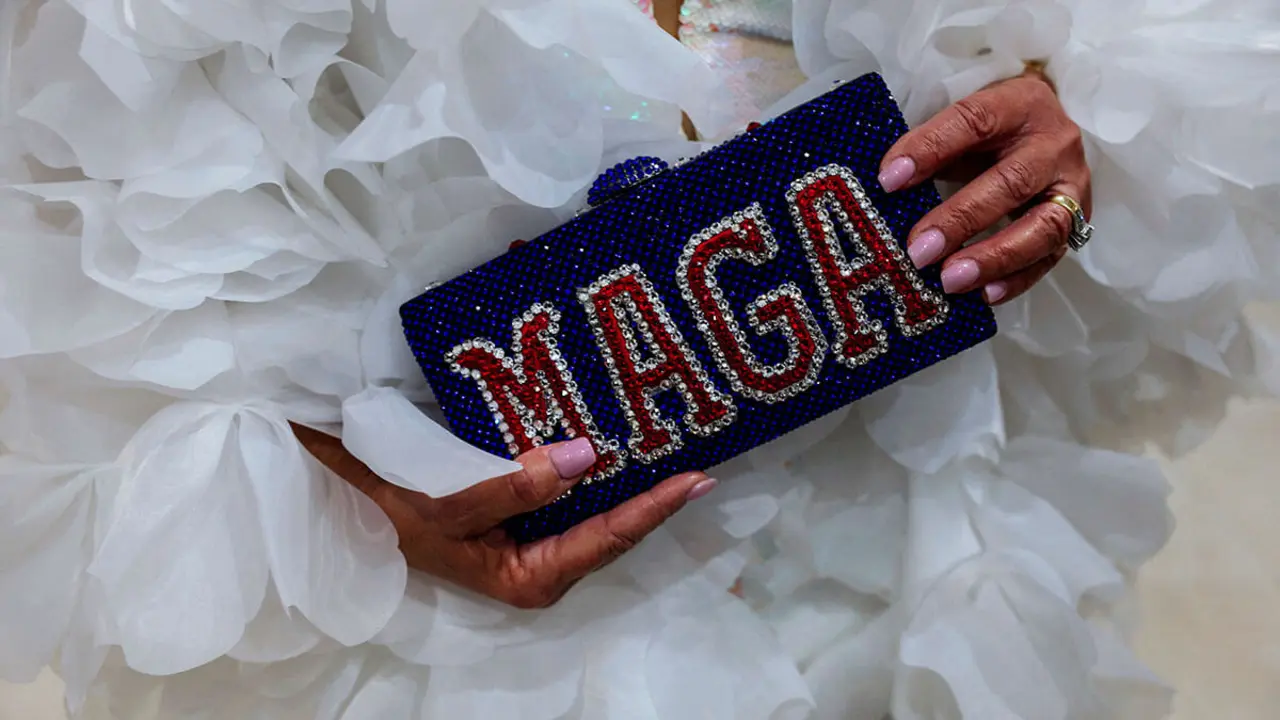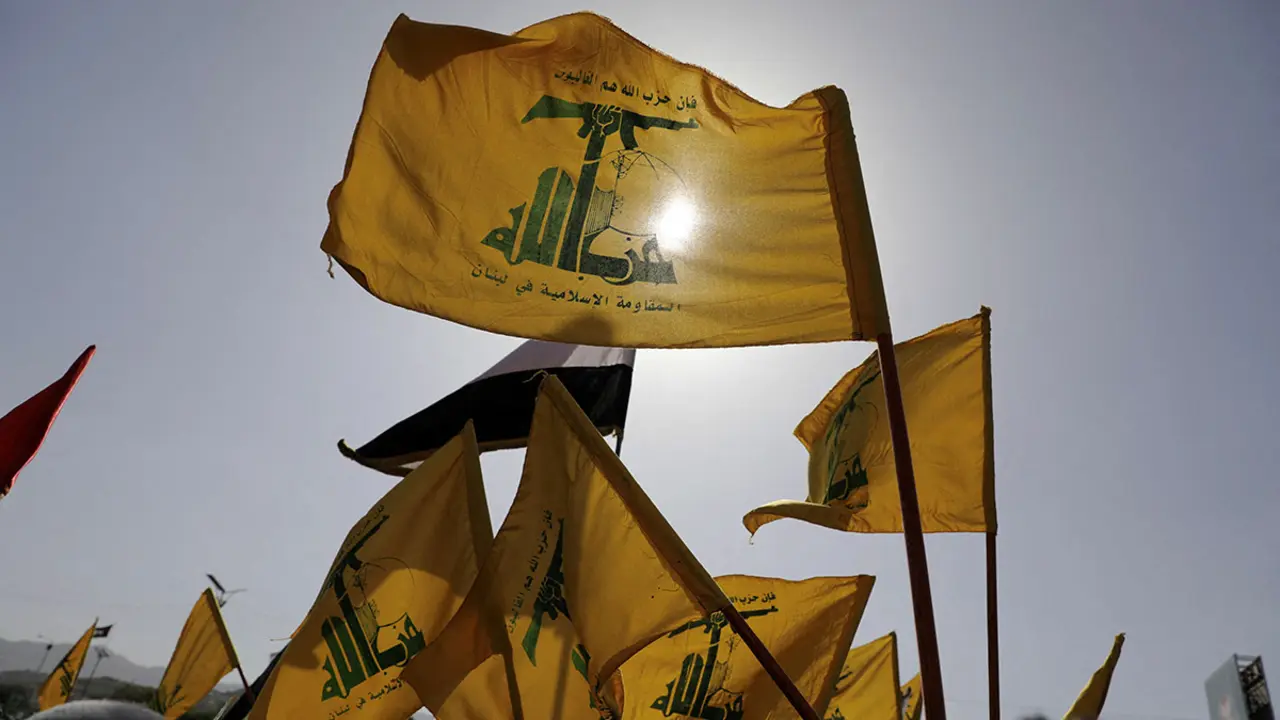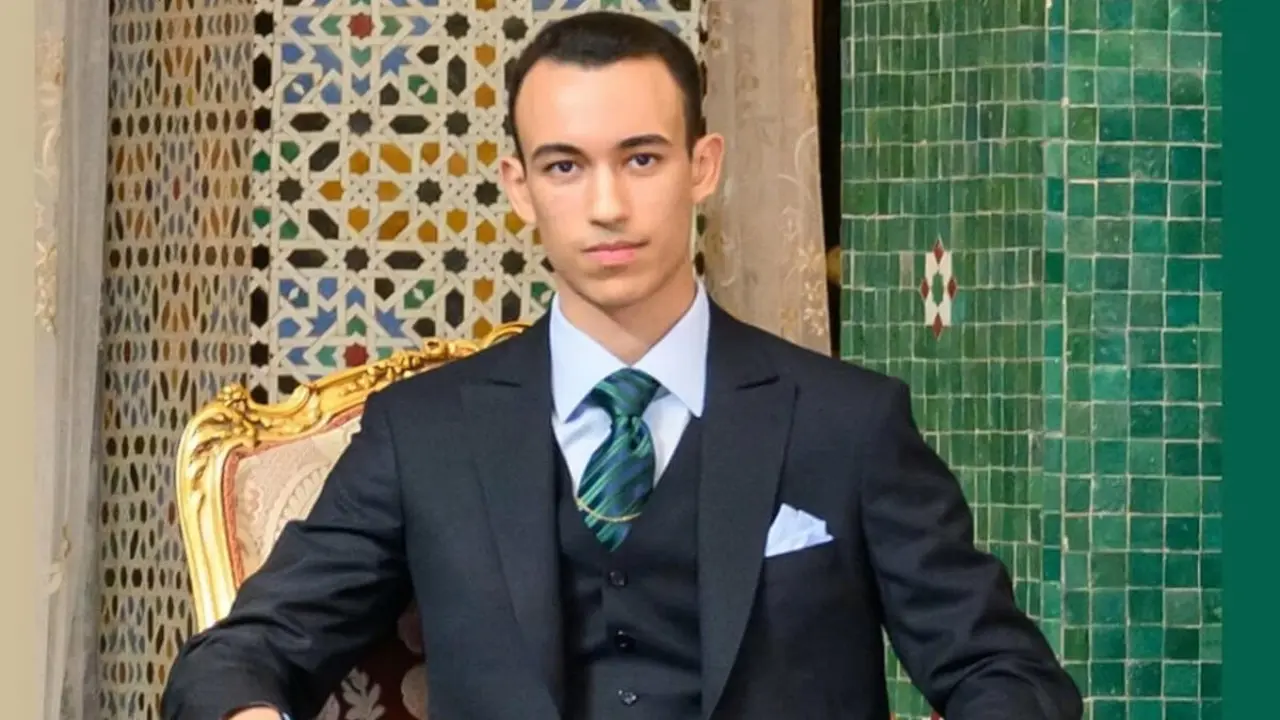Obsessed with the Mirror: Why Algeria Can’t Stop Talking About Morocco
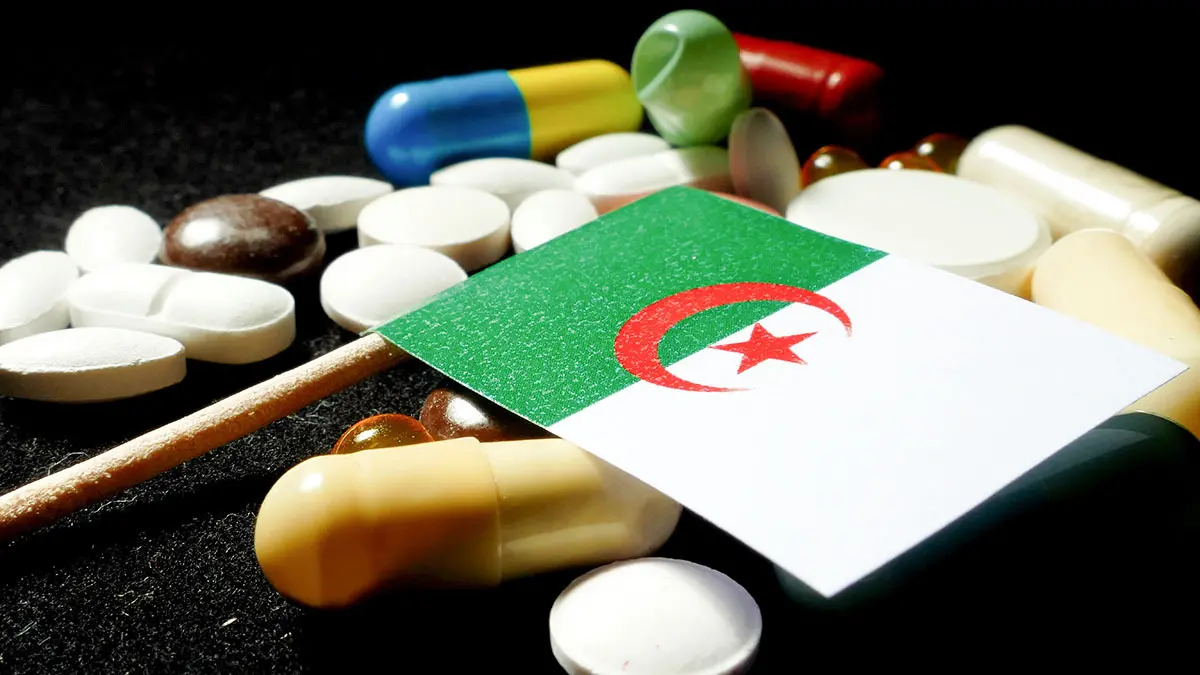
- 1. Manifestations of Obsession: The Symptomatology
- 2. Psychoanalytic Explanation: Morocco as the Mirror and the Trauma
- 3. Psychiatric Diagnosis: Institutional Paranoia & Delusional Disorder
- 4. Political Psychology: The Enemy as Glue
- 5. Conclusion: A Diagnosis of Projection and Regression
1. Manifestations of Obsession: The Symptomatology
Across Algerian state institutions—media, diplomacy, security, and education—the preoccupation with Morocco borders on pathological:
• State Media Fixation: The Algérie Presse Service (APS), the state news agency, devotes a disproportionate share of its output (up to 80%) to disinformation and negative coverage targeting Morocco—often distorting facts or fabricating crises (e.g., on Western Sahara, alleged espionage, or royal politics).
• Radio & Public Broadcasts: National radio stations and television segments feature daily editorials or discussions that demonize Moroccan leadership, economic development, or alliances (especially with Israel, the Gulf, or the West).
• Diplomatic Reflex: Algerian diplomats, regardless of the forum—UN, African Union, NAM, EU—bring up Morocco even when irrelevant to the agenda. Any platform becomes an opportunity to attack Morocco’s territorial integrity or alliances.
• Institutional Conditioning: Civil servants, military officers, and party officials are implicitly and sometimes explicitly expected to uphold anti-Moroccan narratives. Internal memos and propaganda training often frame Morocco as the eternal rival and threat.
• Projection onto Domestic Crises: Economic stagnation, youth disillusionment, corruption, and repression are consistently projected outward—blamed on “Moroccan plots” or “Rabat’s lobbying.”
2. Psychoanalytic Explanation: Morocco as the Mirror and the Trauma
From a Freudian-Lacanian perspective, obsession stems from a repressed trauma or an unfulfilled desire. Morocco plays multiple roles in Algeria’s national unconscious:
✦ Morocco as the “Symbolic Father”
In Lacanian terms, the “Name-of-the-Father” is the figure that structures identity, law, and legitimacy. For Algeria—whose independence was born in violent rupture and with a revolutionary mythos—Morocco, with its centuries-old monarchy and continuous statehood, acts as a threatening symbolic “Father.” It possesses historical depth, institutional continuity, and international legitimacy that Algeria struggles to internalize.
✦ Colonial Transference and Narcissistic Rivalry
Algeria endured direct French colonial rule, which annihilated its precolonial statehood. Morocco, by contrast, maintained its monarchy under protectorate status and reemerged with dignity intact. This creates a narcissistic wound—a feeling of inferiority masked by revolutionary pride. The transference of humiliation onto Morocco allows the regime to preserve its own image as revolutionary and heroic.
✦ Trauma of Western Sahara
The Western Sahara conflict is not just geopolitical—it is psychic. Algeria’s investment in the Polisario is not purely altruistic or strategic; it reflects a deep need to invalidate Moroccan unity and claim regional leadership. Morocco’s success in rallying African, Arab, and global support for its autonomy plan reactivates the trauma of diplomatic isolation and ideological failure.
3. Psychiatric Diagnosis: Institutional Paranoia & Delusional Disorder
If Algeria were a patient:
• Paranoid Ideation: The regime exhibits classic features of paranoid personality structure: persistent belief that Morocco is plotting against it, attempting to destabilize its borders, or corrupt its youth—even without credible evidence.
• Delusional Disorder, Persecutory Type: This condition involves non-bizarre but fixed delusions. Algeria’s elite insists on Morocco’s supposed “colonialism,” “Zionist alliances,” or “drug-diplomacy” despite overwhelming evidence to the contrary. These beliefs are internally consistent but detached from external reality.
• Obsessive-Compulsive Tendencies (at the Institutional Level): Like a compulsive ritual, Algerian institutions must repeat anti-Moroccan narratives to maintain internal cohesion and distract from unresolved identity fractures.
4. Political Psychology: The Enemy as Glue
Authoritarian regimes often construct an external enemy to:
• Legitimize repression
• Unite fragmented populations
• Distract from economic decay and governance failures
Morocco serves as Algeria’s perfect Other:
• Modernizing, yet monarchic
• Stable, yet pluralistic
• Assertive, yet diplomatically agile
By continuously attacking Morocco, the Algerian regime avoids confronting its own contradictions.
5. Conclusion: A Diagnosis of Projection and Regression
Algeria’s institutional obsession with Morocco is:
• A projection of its own national anxieties (loss of revolutionary legitimacy, internal decay)
• A regression to Cold War ideologies (bloc politics, ideological confrontation)
• A defense mechanism to preserve the crumbling myth of revolutionary purity and regional leadership
In psychoanalytic terms, the obsession with Morocco is a symptom of a deeper identity crisis—one that will persist until Algeria confronts its postcolonial wounds, reconfigures its political mythos, and decentralizes its power structure away from the military-security apparatus.

